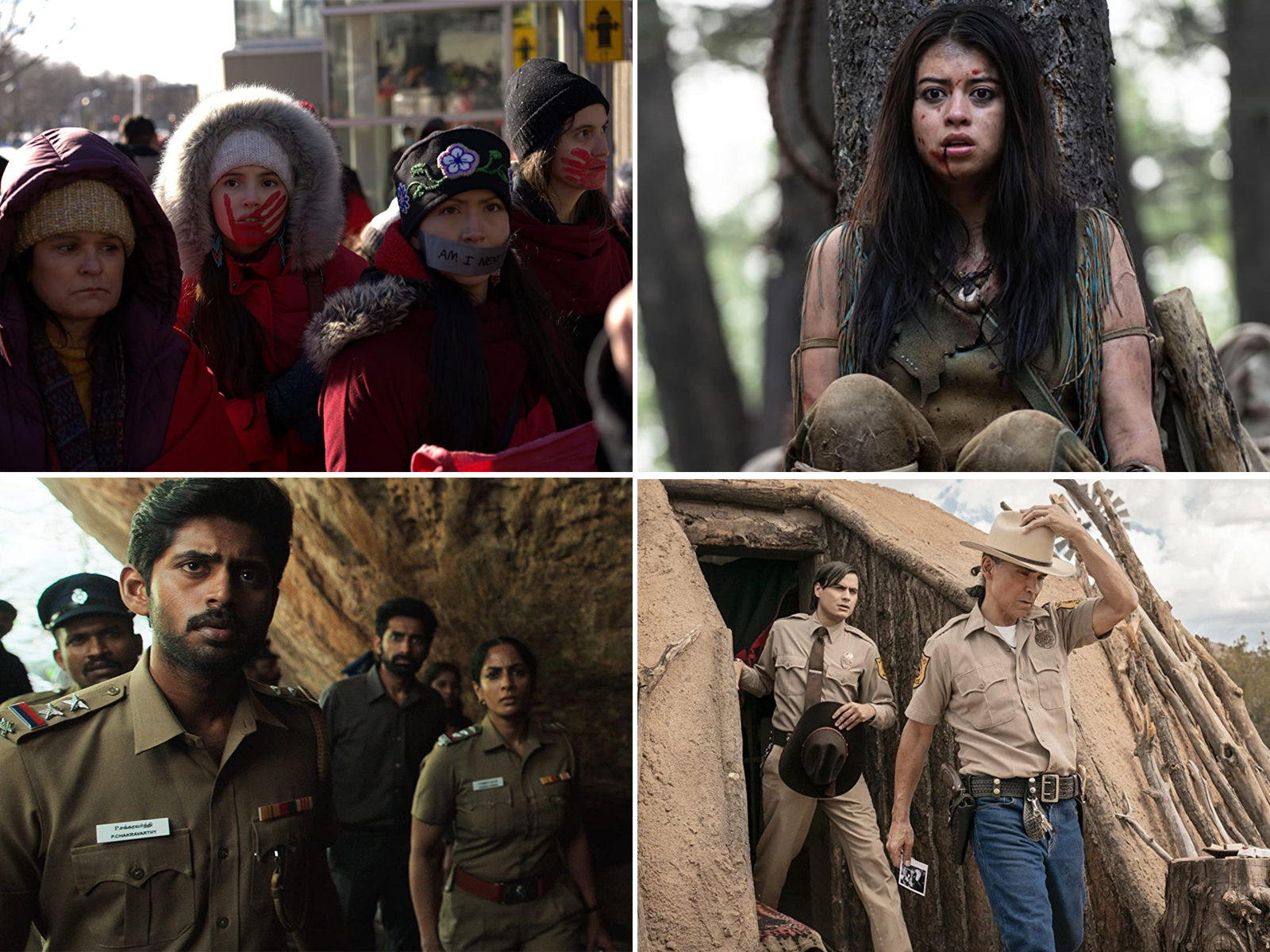
- Industry
Indigenous Programming
In the last two years, studios and streamers have stepped up their indigenous content with commitments to filmmakers to produce more TV series and films that accurately reflect their lives. Here are some examples of how indigenous filmmakers are making strides.
Netflix supported Anishinaabe filmmaker Jaime Wescoup with $25,000 in film development financing for film training programs in Canada. Wescoup told the Hollywood Reporter, “There’s no one telling these stories. And these stories need to be told.” He is currently producing a documentary about two First Nation women reserve chiefs of Long Plain First Nation and the Nisichawayasihk Cree Nation. Netflix is also supporting the Sami community, the only indigenous people within the European Union area, hailing from Lapland (Finland, Sweden, Norway, Denmark, and the Kola coast of Russia). The streamer assists them through education and training both in front of and behind the camera and launched the Netflix Fund for Creative Equity in 2021. One of the Sami filmmakers includes Elle Marja Eire, whose debut movie, Stolen, will be released later this year. “I think it’s about time people know about Sami culture and our history.” Netflix has also committed to the Australian aboriginal community through its Indigenous Scholarship Fund, providing $400k towards initiatives for indigenous below-the-line talent and supporting Australia’s First Nations storytellers.
Amazon Prime Video donated $1.3 million to ISO (Indigenous Screen Office)-led programs in Canada to encourage Black, indigenous, and people of color filmmakers. They have set up a pitch program to provide a 10k grant for up to 10 applicants selected by Amazon Studios in collaboration with a jury chosen by the ISO and the Black Screen Office, which will enable applicants to pitch their projects to Amazon executives.
According to playbackonline.ca, Christina Wayne, Amazon’s head of Canadian originals, said, “We are thrilled the pitch day will help achieve this and connect our development executives with pitches from BIPOC creators that have been expertly selected by the ISO and the Black Screen Office.”
Based on Louise Penny Books, Amazon’s popular Three Pines shines a light on the horrors and mistreatment of First Nations people in Canada, which has garnered rave reviews for its authentic portrayal. Amazon’s Total Control, whose working title was Black Bitch, is an Australian series about an indigenous woman thrust into the political limelight.
Hulu’s Prey is a movie featuring an indigenous cast and the first-ever Comanche Dub. It’s the latest addition to the Predator franchise and is set in 1719 in Comanche Nation. It stars Amber Midthunder (Native American and citizen of the Fort Peck Assinboine and Sioux Tribe) and was reported to be the highest rated premiere of all films and TV on Disney’s Hulu. Also streaming on Hulu is the FX black comedy, Reservation Dogs, written by an all-indigenous team about four teenagers in rural Oklahoma. AMC’s Dark Winds is a thriller set in the 1970s about the Navajo Nation and boasts such Native American talent as Zahn McClarnon, Eugene Brave Rock, Jessica Matten, Elva Guerra, Sally Growing Thunder and Deanna Allison.
The continuing rise and success of indigenous programming is a welcome shift for under- represented communities around the world.